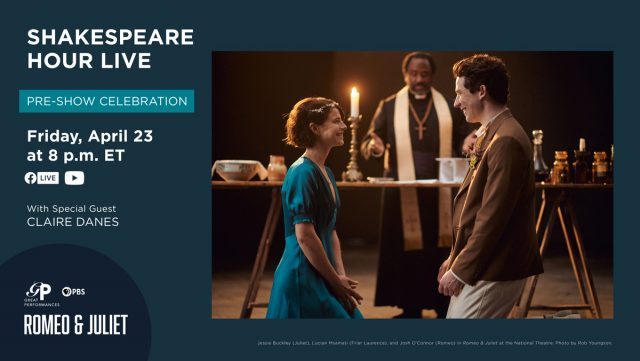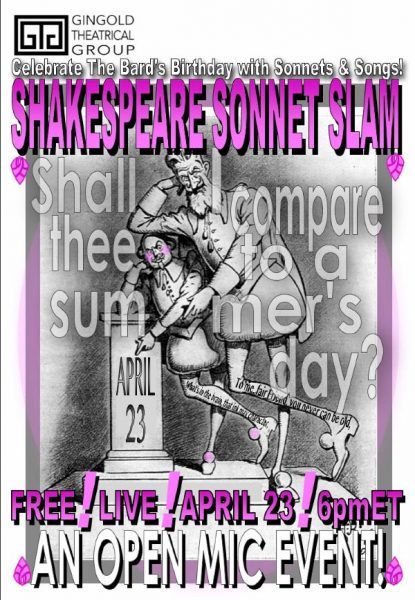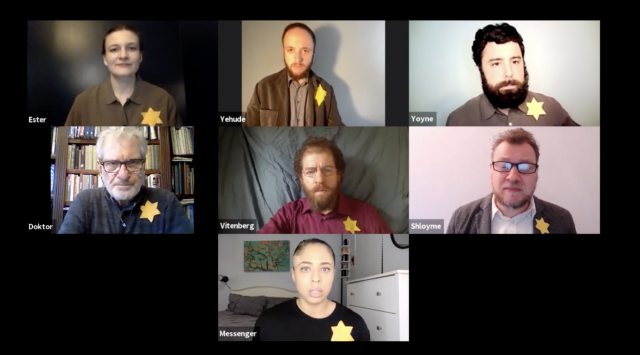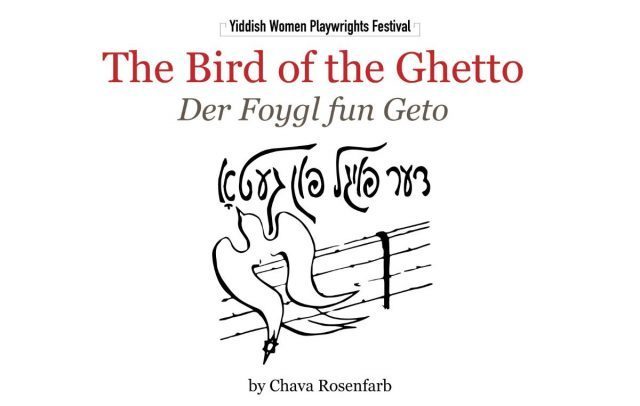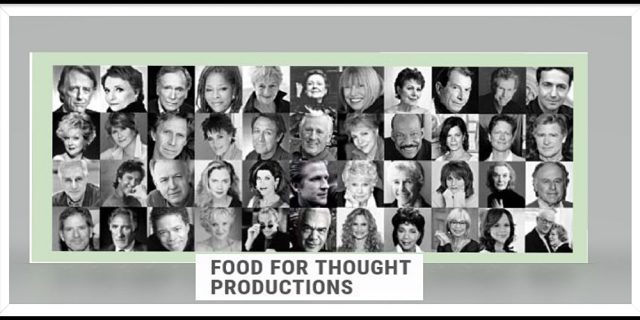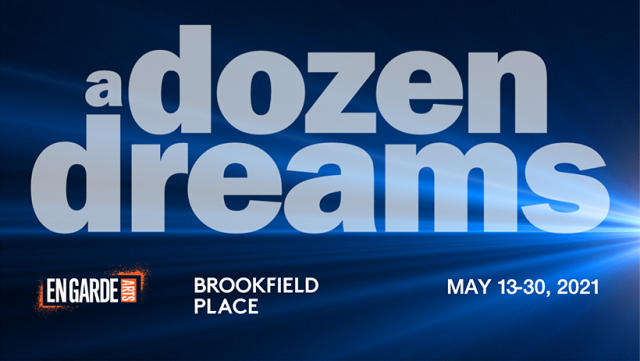THE WANDERING
April 15 – May 15, $24.99 – $29.99
experiencethewandering.com
Every spring for more than forty years, the Schubertiade has celebrated the work of Austrian composer Franz Schubert through concerts, exhibitions, lectures, and discussion. Overlapping with the 2021 Schubertiade, which runs April 28 to May 2, is an unusual, immersive hybrid production called The Wandering, available online April 15 through May 15. The multimedia presentation uses film, music, props, postcards, and photography to explore Schubert’s creativity and sexual orientation.
In his 1992 New York Times article “Critic’s Notebook: Was Schubert Gay? If He Was, So What? Debate Turns Testy” about a 92nd St. Y symposium on the composer, Edward Rothstein wrote, “As for the issue of homosexuality, Mr. [Maynard] Solomon’s case is compellingly argued, but I defer to scholars for a final verdict. The most vexing problems arise in judging the musical importance of the composer’s sexuality. Mr. Solomon asserts, for example, that Schubert’s homosexuality demonstrated a ‘resistance to compulsion’ and that it revealed a ‘heroic region in Schubert’s personality.’ But while Schubert obviously possessed a profound knowledge of suffering and isolation, heroism seems alien to his compositions, imported from some contemporary views of sexual ‘unorthodoxy.’”
Conceived by actor and curator Calista Small, baritone and actor Jeremy Weiss, designer Charlotte McCurdy, theater artist Christine Shaw, filmmaker Lara Panah-Izadi, and animator Zach Bell, The Wandering, which delves into Schubert’s suffering, isolation, heroism, and sexuality in abstract ways, is meant to take place over four days, although you can proceed at your own pace. Each day features a short film starring Weiss as the Wanderer, a curious man traversing a strange landscape, with music by Schubert played by pianist Marika Yasuda and German lyrics sung by Weiss. (English translations by Julian Manresa are available.)
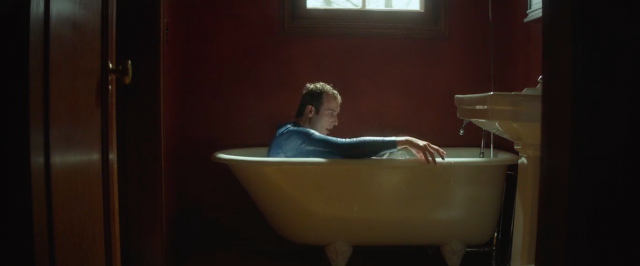
Jeremy Weiss portrays the Wanderer in hybrid immersive production about Franz Schubert
In the Matthew Barney–like films, which can be viewed only once — there’s no going back after you start each one — cinematographer Frank Sun follows the Wanderer as he encounters a series of mysterious characters out on the road, in a forest, in the historic Tivoli Theatre in Downers Grove, Illinois, and at the landmark Wright in Kankakee home in the Illinois woods: Bambi Banks Couleé as the Performer, Ethan Kirschbaum as the Doppelgänger, Daria Harper as the Crow, Small as the Crystallography Denizen, and Josh Romero as the Gardener Denizen. Directed by Panah-Izadi, the films, ranging between six and ten minutes apiece, are beautifully shot tone poems incorporating music, theater, and dance, with choreography by Craig Black, sound by Jared O’Brien, costumes by Casey Wood (the Doppelgänger outfit is particularly impressive), sets by Rachel Cole, and hair and makeup by Erica Martens.
After watching each individual film, you open a packet you received in the mail (well worth the additional $5 cost) containing an object for you to interact with, poetry, letters, pre-addressed stamped postcards you can fill with drawings and/or words and send, QR codes for augmented reality (by Sahil Gupta), and various prompts surrounding your personal “wunderlich,” which can mean “wondrous,” “queer,” “odd,” “fantastical,” or “whimsical.” Several tasks involve going outside, taking a photo, and posting it to the gallery on the main site, known as the Prism (the web design is by TanTan Wang), which features a perennial meditative soundscape. There’s also a page where you can listen separately to the songs, which include “Wandrers Nachtlied,” “Die Krähe,” “Die Gebüsche,” “Nacht Und Träume,” and “Ganymed.”
Schubert was born in Vienna in 1797 and died there at the age of thirty-one, having produced more than 1,500 works, from orchestral overtures, operas, and symphonies to lieder, cantatas, and song cycles. In an 1822 letter the composer sent to his friend and maybe lover, Austrian actor, poet, and librettist Franz von Schober (and which is excerpted in the show’s packet), he describes a dream he had, explaining, “I wandered into a distant land. . . . For long, long years, I sang songs. When I wanted to sing about love, it turned to pain. When I wanted to sing of pain, it turned to love. Thus, love and pain divided me.”
Weiss responds with his own letter to Schubert, writing, “Your music was the first thing I turned to in a moment of crisis during a pandemic. Thank you for writing of your pain, and of your love. Did you ever learn not to let them divide you? Might we?” It’s a question a lot of us have been asking, especially during this last, tumultuous year.

